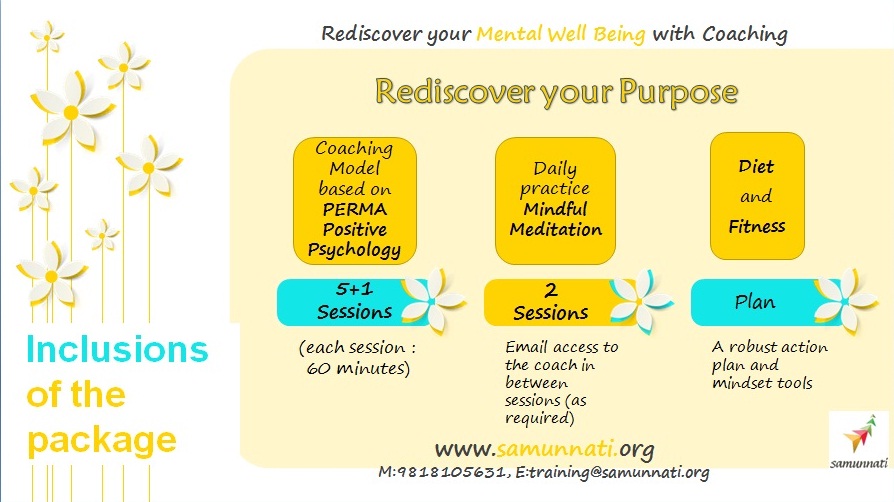
Today’s blog I will like to start with a Facebook post (Treasureside.com), shared by a woman who lost her baby during delivery. The mother used social media to convey her gratitude to all the compassionate nurses.
In her ‘thank you’ letter, she shared all the loving and compassionate acts they displayed during her trauma. Here are a few of her expressions of appreciation toward the nurses:

The post is dedicated to not just one or two compassionate nurses; but a full team of caring individuals who seemed to work together in fully embracing a devastated family’s emotional, psychological, and physical needs. These skills go well beyond medical training; they reflect a depth of understanding and sensitivity that is the epitome of kindness, generosity, and love.
If you want others to be happy, practice compassion. If you want to be happy, practice compassion. Dalai Lama

The Dalai Lama refers to the emotional benefits of compassion to both the giver and recipient.
Compassion is not an automatic response to another’s plight; it is a response that occurs only when the situation is perceived as serious, unjust and relatable. It requires a certain level of awareness, concern and empathy.
Importance of Compassion in our toady’s hectic life

It is extremely painful to feel compassion as it requires empathy for others and at the same time it is equally essential to create positive action.
Compassion and empathy are fundamental components of our personality for quality relationships as they enable kind and loving behavior. Hence our associations in volunteer activities has been associated with positive result like increased academic aspirations and self-esteem among adolescents
Compassion has two elements: showing compassion for others and also self-compassion which is an important for well-being. However in this stressful time we often find people who are unable to forgive themselves for various unpleasant incidents of their lives.
Where in when we condition ourselves to see beyond our flaws and treat ourselves with forgiveness and understanding, our psychological health and well-being increases.
In extensive studies on Compassion have shown self -compassion is more beneficial than self-esteem. It strongly enhances emotional resilience without fostering some of the negative aspects associated with self-esteem by researchers.

In 2018 a 17-year long study on HIV patients were concluded by the researchers Ironson, Kremer, & Lucette. They found out that practicing compassion for others and being self compassionate towards oneself are the predictors of longer survival. This finding is shows the power of compassion.
The power of compassion is essential within the medical field as patients feel pain, anxiety and fear. In such a situation handling their emotions helps them to both heal and cope with the situation.
8 Proven Benefits of Compassion

- Society: Compassion promotes social connection among adults and children. Social connection is important to increase self-esteem, empathy, well-being; and higher interpersonal orientation
- Over all Well Being: Compassion is related to increased happiness . Compassion is related to higher levels of well-being
- Self-compassion during smoking cessation training is associated with reduced smoking among participants with low readiness to change, high self-criticism, and vivid imagery during the treatment program. It is linked to various aspects of general well-being,
Self-compassion reduces burnout and fosters important adaptive qualities among medical professionals. It buffers the negative impact of stress.
Self-compassion: have a number of proven psychological benefits, such as reduced PTSD symptom severity. Self-compassion is linked to more positive aging.
- Parenting: Compassion promotes positive parenting by improving parent-child relationships.
- Medical professionals: Brief expressions of compassion expressed by doctors decreases patient’s anxiety. Compassionate love is associated with higher patient survival rates, even after adjusting for social support and substance use effects
Patient-reported clinician empathy and compassion is related to increased patient satisfaction and lower distress.
- School: Compassion within classrooms is related to increased cooperation and better learning (Hart & Kindle Hodson, 2004).Compassion for teachers as expressed by colleagues is linked to increased teacher job satisfaction, organizational commitment, and sense of emotional vigor.
- Compassion-focused therapy: is reported as a promising therapeutic approach for individuals with effective disorders characterized by high self-criticism .Depression: The combination of self-compassion and optimism is beneficial for depression-vulnerable people. Low habitual self-compassion and high self-criticism are related to a higher risk of depression
Voluntary Associations: Compassion expressed as a function of service work is related to improved health and well-being among volunteers

While some of us behave more consistently compassionate than others due to our conditioning as compare to others and compassion is teachable. However there needs to be a structured series of intervention to do so.
Naturally, teaching compassion should begin with young children in order to inculcate empathy, compassion, and kindness at a time when personalities and beliefs are still developing.
Positive Psychology Coaching on Compassion

The field of positive psychology “is founded on the belief that people want to lead meaningful and fulfilling lives, to cultivate what is best within themselves, and to enhance their experiences of love, work, and play” (International Positive Psychology Association in Donaldson, Dollwet, & Rao, 2014, p. 2).
Positive psychology focuses on the promotion of positive emotions, traits, and behaviors that ultimately foster positive well-being. Well-being was the most prevalent topic studied field of positive psychology since 1999.
One to mention is Donaldson’s colleague’s study in 2014 on compassion which was spread across 46 countries. The researchers reported a number of studies indicating that compassion and gratitude were predictors of increased well-being with scientific evidence.
Additionally, mindfulness was the most frequently researched intervention, and intensive mindfulness training. It increases several positive outcomes, including self-compassion.
There are numerous proven benefits of both self-compassion and compassion toward others, such as increased happiness, improved medical outcomes, reduced stress, reduced psychopathology, and increased social connection.
If you wish discover the power of Self Acceptance with Compassion, you could book an individual, or group Coaching session ‘ Rediscover Your Purpose’. It’s an innovative, comprehensive session focusing on both self-compassion and compassion toward others, such as increased happiness, improved medical outcomes, reduced stress, reduced psychopathology, and increased social connection.

We organize well being workshops/webinar, group counseling sessions @ organizations, There are many ways in which individuals/ groups/ teams can practice compassion such as by being altruistic, avoiding judgment, being grateful, to create a productive workplace.
Connect with us @ 9818105631 email us @training@samunnati.org